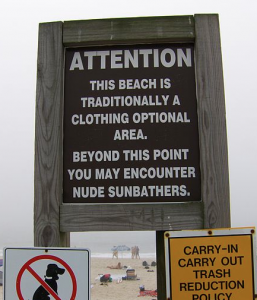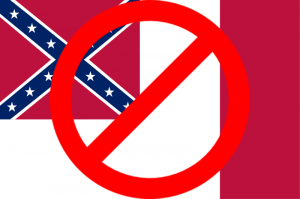 The Classical Academy High School, a Colorado public charter school, has required one of its students to cut his hair, despite a “senior contract” creating a “hairstyle exception” for the school’s graduating seniors. As reported, the senior class can negotiate a contract with the school administration to get certain perks. This year’s contract included a dress code exception, which promised “no gender restriction on hairstyle or length.” The school’s dress code, which requires uniforms and emphasizes modesty, typically requires a boy’s hair to be no longer than the bottom of the ears on the sides and no longer than the bottom of the collar in the back.”
The Classical Academy High School, a Colorado public charter school, has required one of its students to cut his hair, despite a “senior contract” creating a “hairstyle exception” for the school’s graduating seniors. As reported, the senior class can negotiate a contract with the school administration to get certain perks. This year’s contract included a dress code exception, which promised “no gender restriction on hairstyle or length.” The school’s dress code, which requires uniforms and emphasizes modesty, typically requires a boy’s hair to be no longer than the bottom of the ears on the sides and no longer than the bottom of the collar in the back.”
Senior Charlie McGrath grew his shoulder-length hair in reliance on the dress code exception, but was later told he would have to cut it “in front of the entire senior class.” According to his mother, school officials said “they did not want to see a student like Charlie walk across the stage (at graduation); it’s not their image.” Charlie missed four days of school during a “conflict resolution process” and appeal to the local school board, but then cut his hair and returned because of a potential risk to his timely graduation.
While this story is yet another example of a school using its dress code to enforce certain norms, the linked article highlights difference between public charter schools and what it calls “traditional” public schools. The Colorado Safe Schools Act, in section 2(a)(J) requires a school district to establish a “dress code policy that prohibits students from wearing apparel that is deemed disruptive to the classroom environment or to the maintenance of a safe and orderly school. The dress code policy may require students to wear a school uniform or may establish minimum standards of dress.”
Charter schools that operate independently of “traditional” public schools can set their own, stricter dress codes. As reported, Stacy Rader, the Colorado League of Charter Schools spokeswoman, said “It could be argued that this is the beauty of school choice because families can select whichever public school – charter or traditional – that best fits their learning style and family priorities.”
The choice of a stricter dress code is, of course, only one small facet of the complex debate about school “choice.” It does, however, hint at the elitist, classist values behind some not-quite-public charter schools that want to portray a certain image of the modest and uniformed young man or woman. One supposes those who don’t fit the image can simply choose a “traditional” public school.
[image via]









